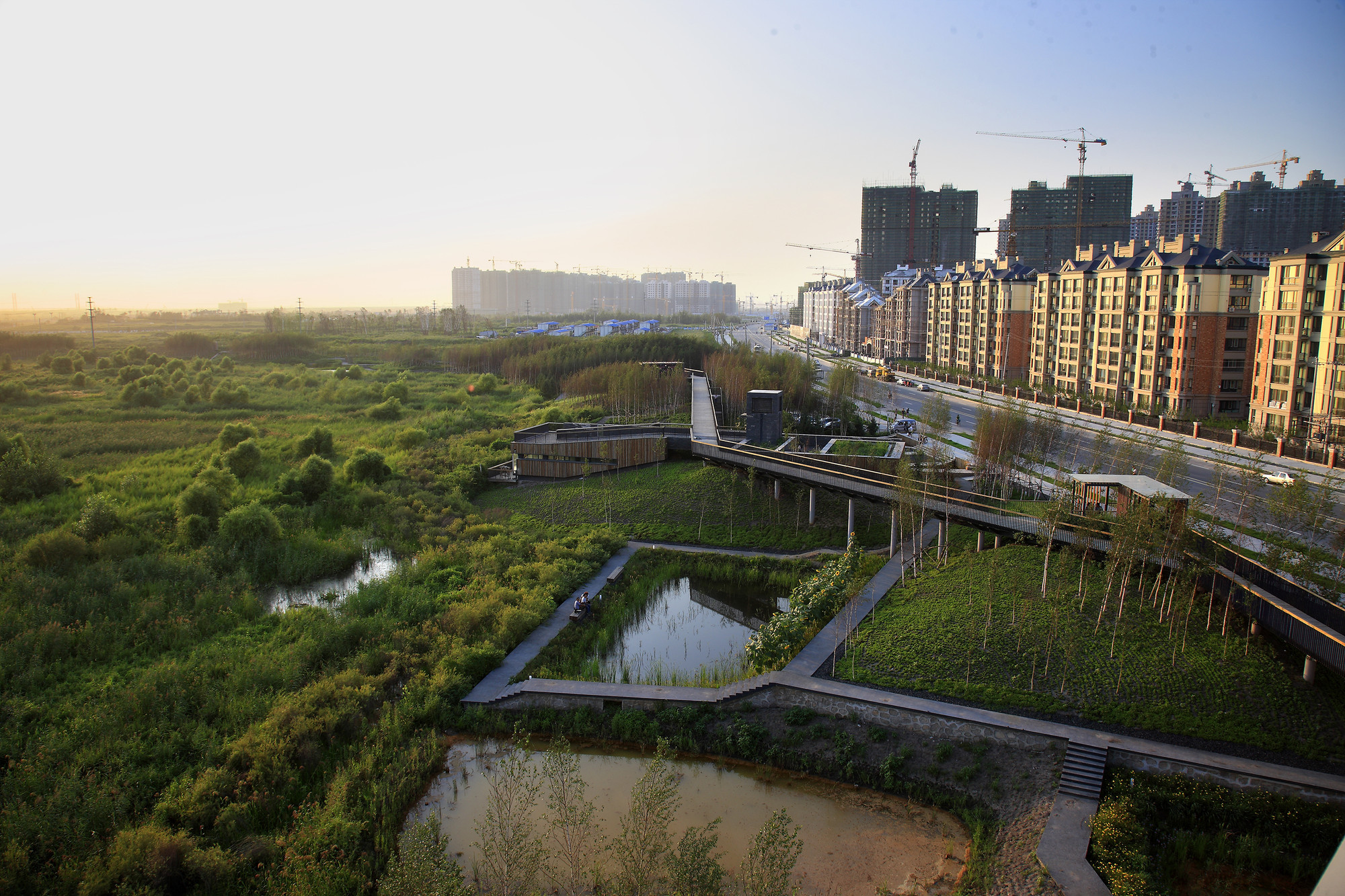Ecological urbanism principles is an innovative approach that strives to balance urban growth with environmental conservation. Additionally, it aims to create resilient and livable cities for current and future generations. The Gulf Cooperation Council (GCC) cities which comprise Kuwait, Oman, Qatar, Bahrain, as well as Saudi Arabia are an example of a remarkable journey towards sustainable urban development through the adoption of ecological urbanism principles. Below are 5 impressive ways drawn from GCC Cities that are rapidly expanding via ecological rrbanism that are a model to emulate.
Waste Management and Recycling
GCC cities, have collectively placed priority on efficient waste management and recycling programs. For instance, Dubai boasts a unique Waste-to-Energy Facility plant that converts non-recycled waste into electricity. The Dubai Municipality Waste-to-Energy Plant then feeds the power generation into the city’s power grid.
Sustainable Transportation
GCC cities recognize the significance of ‘green’ transportation, especially, due to its key role in reducing carbon emissions and combating traffic congestion. Extensive public transportation networks, such as efficient metro systems, light rail transit, and bus services, have been introduced, as a means to encourage residents to opt for eco-friendly modes of travel. In May 2019, Qatar successfully launched the Doha Metro System. Quite impressively, it consists of multiple lines, that connect vastly, to numerous parts of the city. Furthermore, its design maximizes natural lighting and ventilation. This, in turn, reduces the need for air conditioning and artificial lighting that consume energy.
Incorporating Nature-Inspired Designs
Without a doubt, GCC Cities Are Rapidly Expanding Via Ecological Urbanism due to their strategic incorporation of nature-inspired designs within urban planning. These include rooftop gardens, dedicated green spaces, and parks. The massive King Abdullah Financial District development, in the heart of Riyadh, spans 1.6 million square meters. Overall, its architectural design includes sustainable water features, green roofs, green spaces as well as parks.
Read More: Fifth Phase of Mohammed bin Rashid Al Maktoum Solar Park in UAE Launched
Climate Resilience and Water Conservation
Numerous GCC cities have heavily invested in advanced water desalination and purification technologies, to ensure a sustainable water supply for residents. The Masdar City project in Abu Dhabi, for example, specifically targets to address the challenges of water scarcity. The large-scale development makes use of Reverse Osmosis (RO) desalination technology. Its application removes salts and impurities from seawater or brackish water, producing clean and potable water. Within Masdar City, RO technology enables for the conversion of abundant seawater into fresh drinking water.
Resource-Efficient Building Practices
Globally, GCC cities are consistently adopting the use of energy-efficient technologies such as LED lighting, smart heating, ventilation, and air conditioning (HVAC) systems. Furthermore, GCC cities have been incorporating energy-friendly building materials during construction development. Dubai and Abu Dhabi have successfully made great applications of Rammed Earth sustainable construction. The traditional building technique involves compacting a mixture of earth, clay, sand, and gravel between temporary formwork to create solid walls. Key benefits of the sustainable construction technique include decreased use of energy-intensive materials such as bricks and concrete.
Collectively, GCC cities prove that ecological urbanism is not only attainable but also essential in mitigating environmental challenges. These cities, through innovative initiatives and commitment to sustainable principles, are creating a more ‘greener’, future for the region. As they continue to expand, GCC cities remain dedicated to urban growth and environmental preservation. In addition to, nurturing eco-conscious urban spaces for generations.

Leave a Reply